16 Tenses in English Grammar (Formula and Examples) Ultimate Guide
Tense is a modal aspect of the verb. There are 16 tenses in English Grammar in all. The tenses refer to the time of an action or state.
The time of the state is not indicated by the tense. For example, if I say: I run (state); I run (present tense); I ran (past tense); I will run (future tense) – it does not say when I run – right now, yesterday, or tomorrow.
In this blog post, we will look at 16 tenses in English grammar. For each of these 16 tenses, we will see the formula, the structure, and the definition.
16 Tenses in English Grammar
English Grammar is a very complex language and tenses are one of the basic things to learn and master the grammar. There are a lot of rules and even more exceptions.
The table of content shows 16 tenses. Let’s explain them briefly one by one.
Past Tense
The past tense is used for events that have already taken place, like “I ate dinner last night”. It has four types, simple past, past continuous, past perfect, and past perfect continuous tense.
Simple Past Tense
Definition
Simple past tense is used to describe actions that occurred in the past, which were completed at a definite time and are not happening currently.
For example, “I went to school yesterday.”
Simple past tense is used in stories with a definite beginning and end. It’s often used to talk about what someone did or experienced on a particular day or to talk about the weather.
Structure/Formula
Subject + main verb(+ed) or second form of verb
Examples
- Yesterday I went to the market.
- Did you ride your bike this morning?
- The bus was late, so I missed the train.
- She tried to make us feel better, but it didn’t work.
- He did not know you were kidding when you said that.
Past Continuous (Progressive) Tense
Definition
In English, the past continuous tense expresses an action that was in progress at some point in the past.
For example, ‘I was running’.
The past continuous tense is used to talk about an unfinished period of time. It can also refer to a specific action that was happening at a specific point in time.
In the past continuous tense, “was” or “were” is used with an -ing verb to show that something was happening.
Structure/Formula
Subject + was/were + present participle
Examples
He was telling us stories.
- He was telling a story when we came in.
- When we came in, he was telling a story.
- I was bowling when he walked in.
- While we were eating dinner, he went outside to play soccer with his friends.
- He was speaking to you.
Past Perfect Tense
Definition
The past perfect tense uses had and a past participle for the first person, third person singular, and third person plural subjects.
It is also used to describe an action that was completed at some point in the past. It is often used when talking about things that happened before another event in the past.
Structure/Formula
Subject + had + past participle
Examples
- I had finished all my homework.
- Jack had traveled all over Europe by the age of 18.
- Jill had not visited Rome by the time she turned 30.
- The dog had slept for 10 minutes.
- Had she studied for two hours?
Past Perfect Continuous Tense
Definition
The past perfect continuous tense is a verb tense that is used to express an action that started in the past and continued up until another point in the past.
For example, “She had been talking for an hour when I arrived.”
Structure/Formula
Subject + had been + present participle + time reference
Examples
- Betty Ann had been working for many hours that day.
- I had been waiting there since ten o’clock when she entered the room.
- Before they left, my friends had been travelling for two days in the car.
- She had been working for 3 hours before her friend phoned her.
- I had been painting the house when the rain stopped.
Present Tense
We use the present tense to talk about actions or events happening now or completed. It has also four types i.e. simple present, present continuous, present perfect, and present perfect continuous.
Simple Present Tense
Definition
Simple present tense is a verb tense that talks about what happens habitually or continually. It can also talk about what is happening right now.
Structure/Formula
Subject + main verb (s/es for third person)
Examples
- Tom works in a garage
- Ali lives in a flat in Brixton
- ‘What do you usually do on Sundays?’ ‘I read.’
- I work in the marketing department.
- We write content for clothing and fashion websites.
Present Continuous (Progressive) Tense
Definition
Present continuous tense is used to describe an action happening now, or an ongoing action. It can also be used to talk about something that will happen in the future. To form present continuous, add “ing” to the base form of a verb (without “to”) and use the following formula:
Structure/Formula
Subject + is/am/are + present participle
Examples
- He is cleaning the windows.
- I am not washing my hands in the sink.
- They are talking to their boss.
- We are having fun with our family.
- Are you saving your money?
Present Perfect Tense
Definition
The present perfect tense is used to emphasize the duration of an action that occurred in a time period before now. When using this tense, you should also provide an additional sentence that describes what happened before now.
Structure/Formula
Subject + has/have + past participle
Examples
- She has visited her grandma.
- I have lived here for twelve years.
- He has bought a new car last week.
- We have listened more than once to the concert.
- We have stopped using the term ‘early retirement’.
Present Perfect Continuous Tense
Definition
The present perfect continuous tense is used for actions that have been going on since the past and up until the present. It can also be used to refer to actions that are still in progress, but still haven’t been finished.
Structure/Formula
Subject + have been + present participle + time reference
Examples
- We have been staying there every day.
- My friend had been waiting for us since morning.
- We have been living in a new house for a month.
- How long has John been working here?
- I have been working hard for this job.
Future Tense
The future tense is used to talk about things that haven’t happened yet like “I will eat dinner tonight”. It four types are simple future tense, future continuous, future perfect and future perfect continuous.
Simple Future Tense
Definition
Simple future tense is a verb tense that is used to describe the things that have not happened yet.
Structure/Formula
Subject + will/shall + main verb
Subject + is/am/are + going to + main verb
Examples
- He will stay here.
- Mark will visit you next month.
- You will go to Jerry’s on Friday.
- They will finish that project before the deadline.
- She is going to apply for the job.
Future Continuous (Progressive) Tense
Definition
Future continuous tense is a verb tense used to express the idea that action will be in progress at some time in the future.
Structure/Formula
Subject + will be + present participle
Examples
- I will be still eating dinner when you arrive.
- You will be seeing him this weekend.
- She will be sleeping for an hour by the time you get back from the office.
- We will be having a quiz tomorrow.
- I will be meeting my husband at the airport.
Future Perfect Tense
Definition
Future perfect tense is a verb tense that indicates an action or event that will be completed by some point in the future.
In the future perfect tense, the action of the verb is completed before some time in the future.
Structure/Formula
Subject + will have + past participle
Examples
- I will have decided to go to the party.
- When will you have finished your essay?
- I will have left by tomorrow morning.
- I will have eaten the sandwich by the time he returns.
- When she arrives, they will have gone to the shops.
Future Perfect Continuous Tense
Definition
The future perfect continuous is a verb tense used to emphasize an action that will be in progress up until another point in time in the future. It’s usually used to describe a situation that started in the past and will continue into the foreseeable future.
The duration of time for the event is not necessary to be specified, but it must take place after a certain time in the future.
Structure/Formula
Subject + will have been + present participle + time reference
Examples
- I will have been working for five years by the time I finish this graduate program.
- Susan will have been living in New York for six months by the time she leaves for London.
- He will have been dozing all morning when the alarm goes off.
- She will have been painting for hours when her dad walks in.
- They will have been talking for over an hour before I arrive.
Past Future Tense
Simple Past Future Tense
Definition
Past Future Tense is a verb tense that expresses the idea that an action or event will occur later in time.
Structure/Formula
Subject + Would + Main Verb
Examples
- Tom and Bob told that they would study twice a week.
- She would tell her boss what she thought.
- We decided that I would go.
Past Future Continuous Tense
Definition
The Past Future Continuous Tense is used to indicate continuous or habitual action in the past that was interrupted by another later action.
Structure/Formula
Subject + should be / would be + Present Participle
Examples
- Tom told that he would be playing football tomorrow.
- I was aware that it would be storming today.
- You planned that you would be eating dinner with your family.
Past Future Perfect Tense
Definition
Past Future Perfect tense is a verb tense that is used to express actions that will happen in the future before something in the past. It is often used as a way to show cause and effect or a sequence of events.
Structure/Formula
Subject + should have/would have + Past Participle
Examples
- He told that he would have completed his task by then.
- They would have sent it to us by now (if they didn’t forget).
- They decided that they would have eaten their dinner before 7pm.
Past Future Perfect Continuous Tense
Definition
The Past Future Perfect Continuous Tense is used to show an action that began in the past and continues up until the present time.
Structure/Formula
Subject + would have been + present participle + time reference
Examples
- He would have been working if we had not come.
- She told that she would have been baking the cookies.
- I would have been swimming in the sea when you called
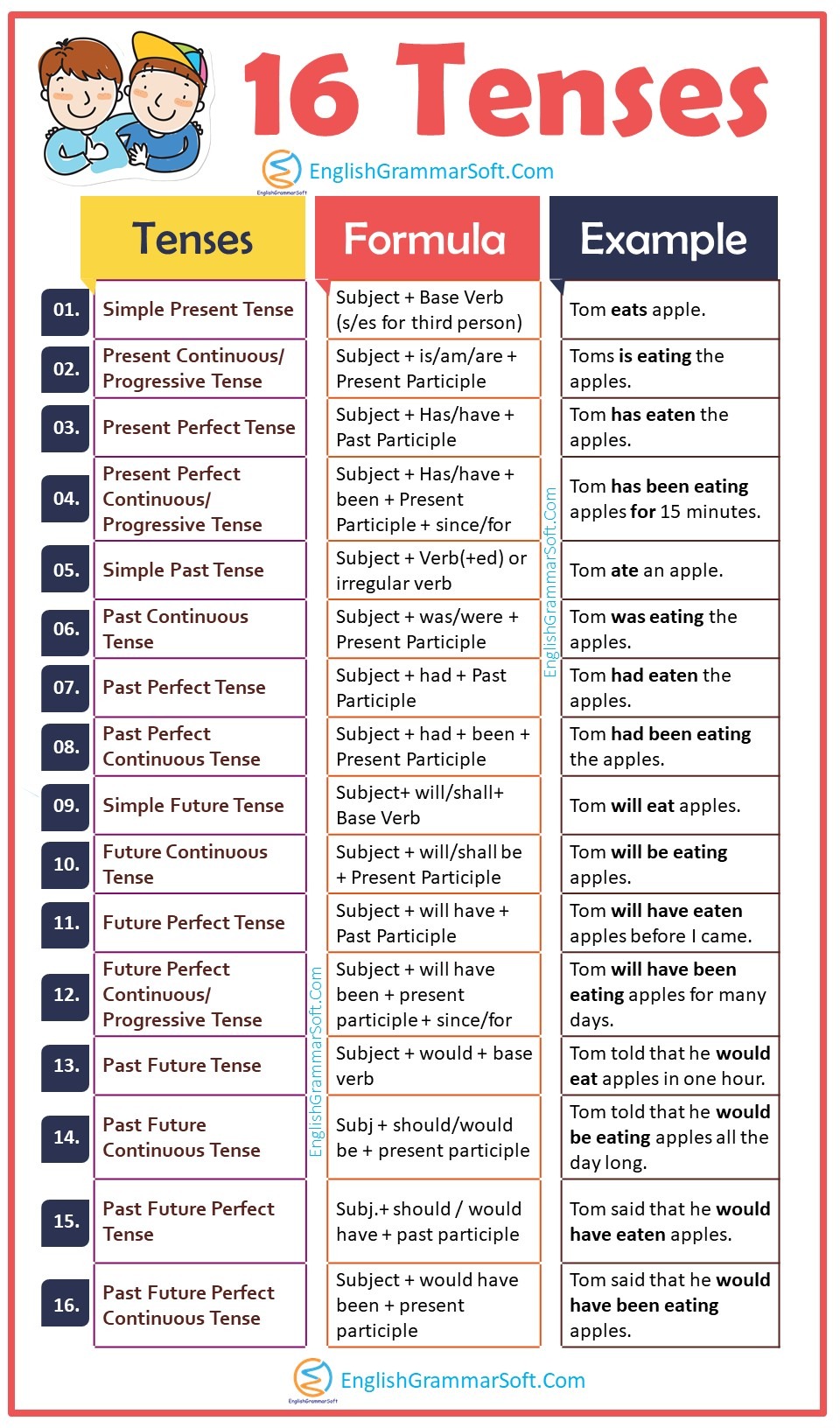
These are helpful resources to learn tenses with examples, and worksheets.
- 12 Verb Tenses in English Grammar
- Tenses Worksheet (Mixed Tenses Exercise) with Answer
- Examples of Tenses in English
- Tutor teaching tenses in a video
Past Tense
- Simple Past Tense with Examples
- 50 Sentences of Simple Past Tense
- Simple Past Tense Worksheets
- Past Continuous / Progressive Tense
- 50 Sentences of Past Continuous Tense
- Past Continuous Tense Worksheets
- Past Perfect Tense with Examples
- 50 Sentences of Past Perfect Tense
- Past Perfect Tense Worksheets
- Past Perfect Continuous Tense with Examples
- 50 Sentences of Past Perfect Continuous Tense
- Past Perfect Continuous Tense Worksheets
Present Tense
- Simple Present Tense (Formula, Examples & Exercises)
- 50 Sentences of Simple Present Tense
- Simple Present Tense Worksheets
- Present Continuous Tense Formula, Examples & Usage
- 50 Sentences of Present Continuous Tense
- Present Continuous Tense Worksheets
- Present Perfect Tense with Examples
- 50 Sentences of Present Perfect Tense
- Present Perfect Tense Worksheets
- Present Perfect Continuous Tense Examples, Exercise, & Structure
- 50 Sentences of Present Perfect Continuous Tense
- Present Perfect Continuous Tense Worksheets
Future Tense
- Simple Future Tense Explained with Examples, Formula, and Exercise
- 50 Sentences of Simple Future Tense
- Simple Future Tense Worksheets
- Future Continuous Tense Structure, Rules and Examples
- 50 Sentences of Future Continuous Tense
- Future Continuous Tense Worksheets
- Future Perfect Tense Formula and Examples
- 50 Sentences of Future Perfect Tense
- Future Perfect Tense Worksheets
- Future Perfect Continuous Tense Structure, Examples and Exercise
- 50 Sentences of Future Perfect Continuous Tense
- Future Perfect Continuous Tense Worksheets
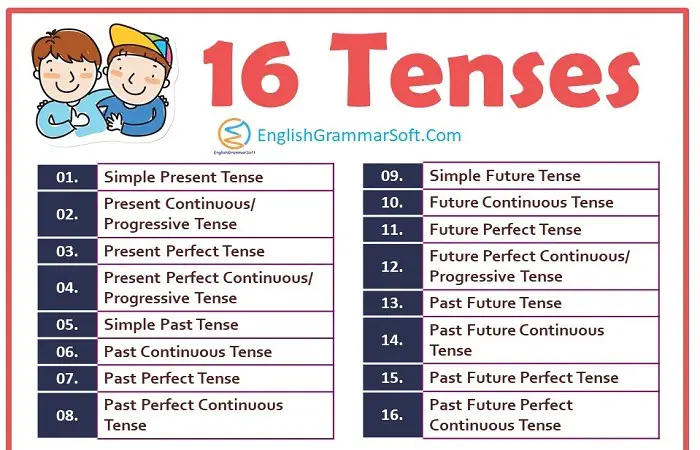
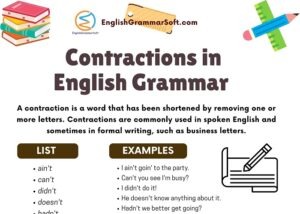
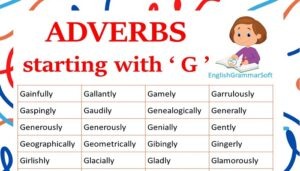
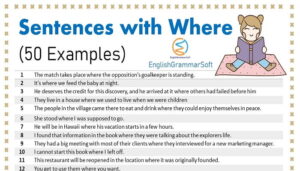
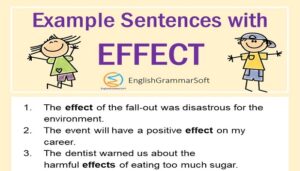
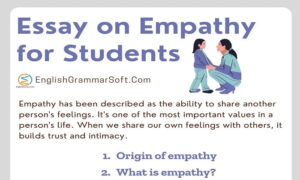
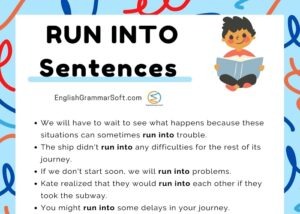
Right here is the right website for anyone who wishes to understand this topic. You know so much its almost tough to argue with you (not that I personally would want to…HaHa). You certainly put a new spin on a topic that’s been discussed for years. Wonderful stuff, just excellent!
This guide is very helpful!
Very useful information